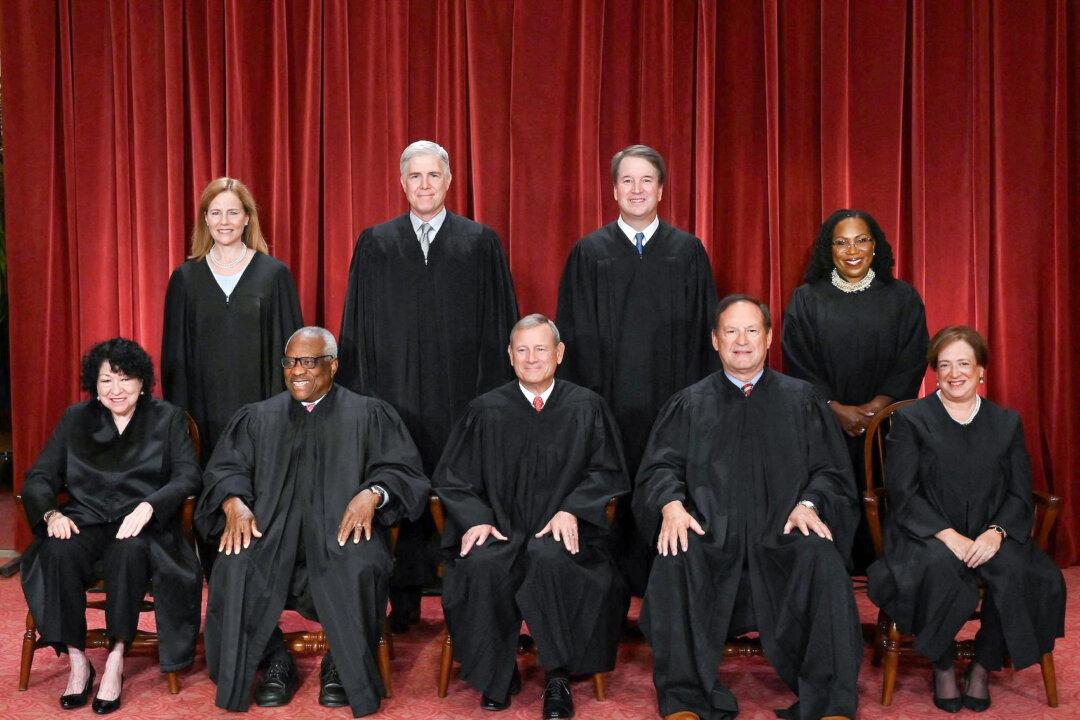The Supreme Court will likely send former President Donald Trump’s presidential immunity case back to the lower courts for further review, Sen. Lindsey Graham (R-S.C.) said on April 28.
The nation’s highest court last week heard arguments made by President Trump’s lawyers and special counsel Jack Smith’s team regarding whether the 45th president should be declared immune from prosecution in connection to Mr. Smith’s election case. President Trump has argued that he should enjoy absolute immunity from prosecution, while the special counsel has argued otherwise.





